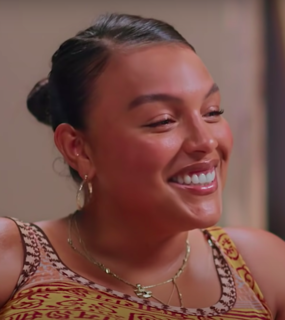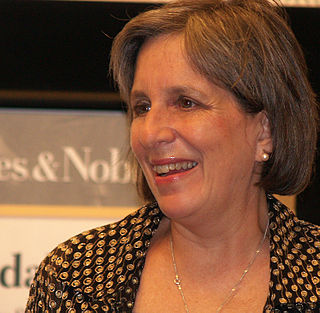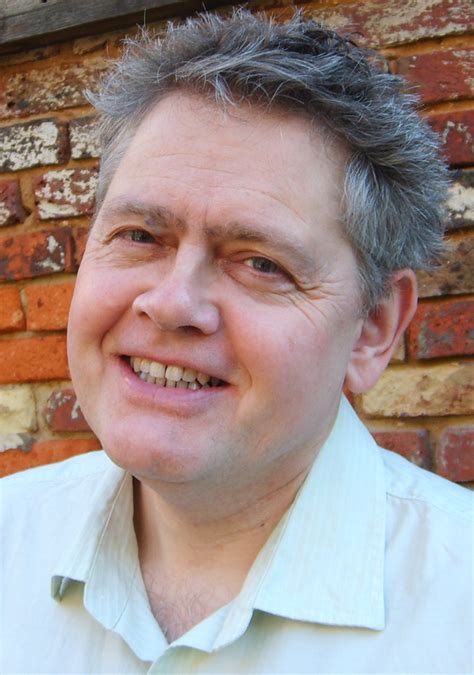A Quote by Paloma Elsesser
I originally went to school for writing, for non-fiction. I'm specifically a poetry major within literature, but I don't know.
Quote Topics
Related Quotes
In high school, in 1956, at the age of sixteen, we were not taught "creative writing." We were taught literature and grammar. So no one ever told me I couldn't write both prose and poetry, and I started out writing all the things I still write: poetry, prose fiction - which took me longer to get published - and non-fiction prose.
I changed my major to English literature, which was on the advice of my father. I finally said, "You know, Dad, to heck with it: I'm just going to be an actor. But I'm going to go to school." And he said, "Well, if you're going to go to school, then major in English literature. Those are the tools you are going to be working with as a man who's going to be acting in English, one would assume."
The Baathist state did two things extremely well. One was create information-gathering intelligence networks and a filing system. There's actually a lot of information on a lot of people and that is a major achievement of a police state. The second one is the promotion of literature and poetry, and the arts generally. So this is a state that's producing mass police archives - surveillance - and poetry. And in fact a lot of the archives are about what poets are writing or what they should be writing.
Writing fiction is not a profession that leaves one well-disposed toward reading fiction. One starts out loving books and stories, and then one becomes jaded and increasingly hard to please. I read less and less fiction these days, finding the buzz and the joy I used to get from fiction in ever stranger works of non-fiction, or poetry.
When I devoted myself to poetry - and poetry is a very serious medium - I don't think the people that knew me as an individual with that tongue-in-cheek kind of humor...well, it didn't always lend itself to my poetry. When you're writing poetry, it's like working with gold, you can't waste anything. You have to be very economical with each word you're going to select. But when you're writing fiction, you can just go on and on; you can be more playful. My editor's main task is to cut back, not ask for more.
I don't want to write poems that are just really clear about how I'm aware of all the traps involved in writing poetry; I don't want to write fiction that's about the irresponsibility of writing fiction and I've thrown out a lot of writing that I think was ultimately tainted by that kind of self-awareness.
I probably spend more time writing than reading science fiction. I find that science-fiction literature is so reactive to all the literature that's gone before that it's sort of like a fractal. It's gone to a level of detail that the average person could not possibly follow unless you're a fan. It iterates upon many prior generations of iterations.
The process of writing fiction is totally unconscious. It comes from what you are learning, as you live, from within. For me, all writing is a process of discovery. We are looking for the meaning of life. No matter where you are, there are conflicts and dramas everywhere. It is the process of what it means to be a human being; how you react and are reacted upon, these inward and outer pressures. If you are writing with a direct cause in mind, you are writing propaganda. It's fatal for a fiction writer.
































